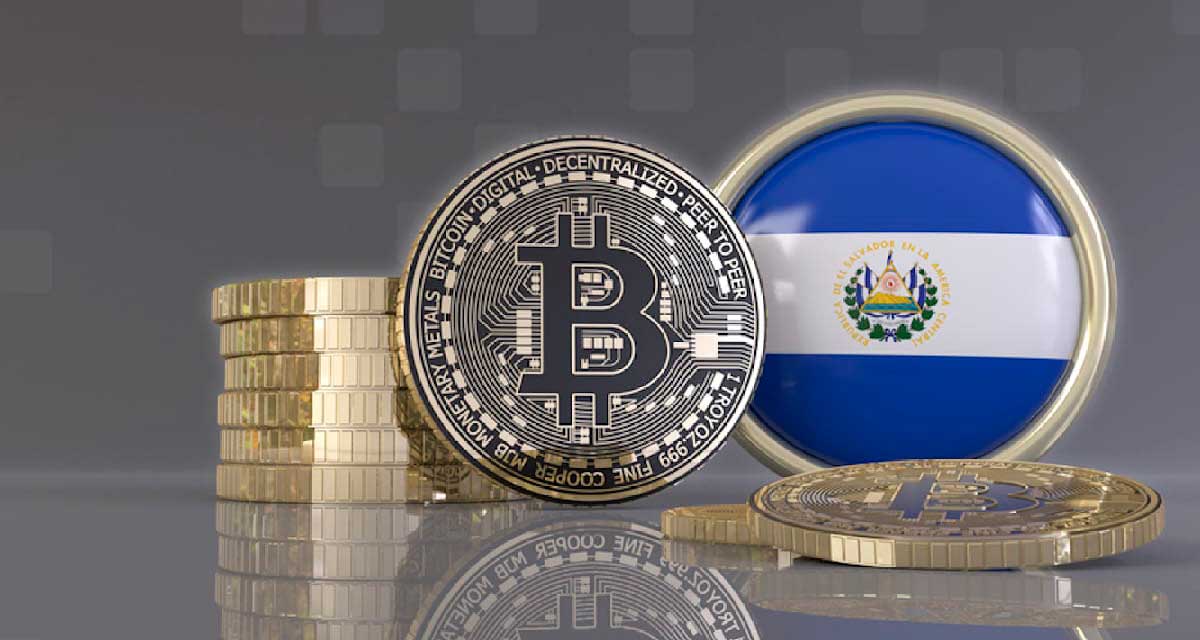While El Salvador became the first country in the world to approve a law classifying Bitcoin as legal tender, the International Monetary Fund (IMF) believes that El Salvador’s adoption of Bitcoin as legal tender may bring serious economic risks and regulatory challenges.
IMF warned the country against the risks of using the token as an official currency, alongside US Dollars. El Salvador on Wednesday passed the legislation to make Bitcoin a legal tender in hopes that this cryptocurrency has the potential to help Salvadorans living abroad to send remittances back home which can ultimately improve the GDP of the country.
Reacting to the new law in the country, IMF spokesperson Gerry Rice said, “Adoption of bitcoin as a legal tender can raise a number of macroeconomic, financial and legal issues in a country and therefore careful analysis is needed which is why we following developments closely and will continue our consultation with the authorities.”
The IMF team is also scheduled to conduct a virtual meeting with El Salvador’s President Nayib Bukele on Thursday to review and discuss the Bitcoin law as the international organisation is already in talks with the Central American country in relation to another relief package for the country amid its recovery from the COVID-19 pandemic.
The Bitcoin law was enacted while El Salvador is in negotiations with the IMF in pursuit of nearly $1 billion program.
Apart from this, many analysts and experts have warned that this move of making Bitcoin a legal tender could throw El Salvador into further financial instability because of the volatile nature of cryptocurrencies.

